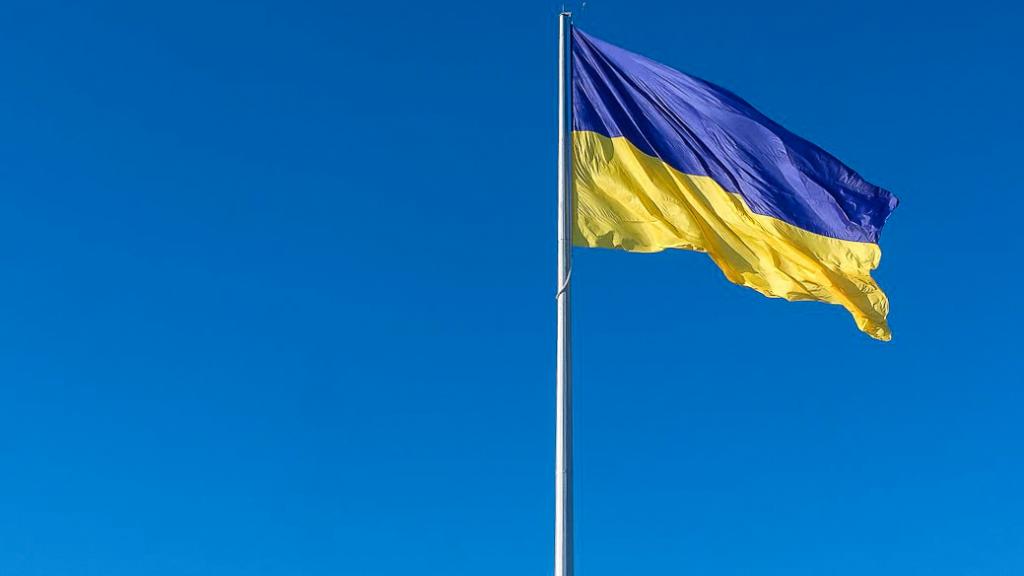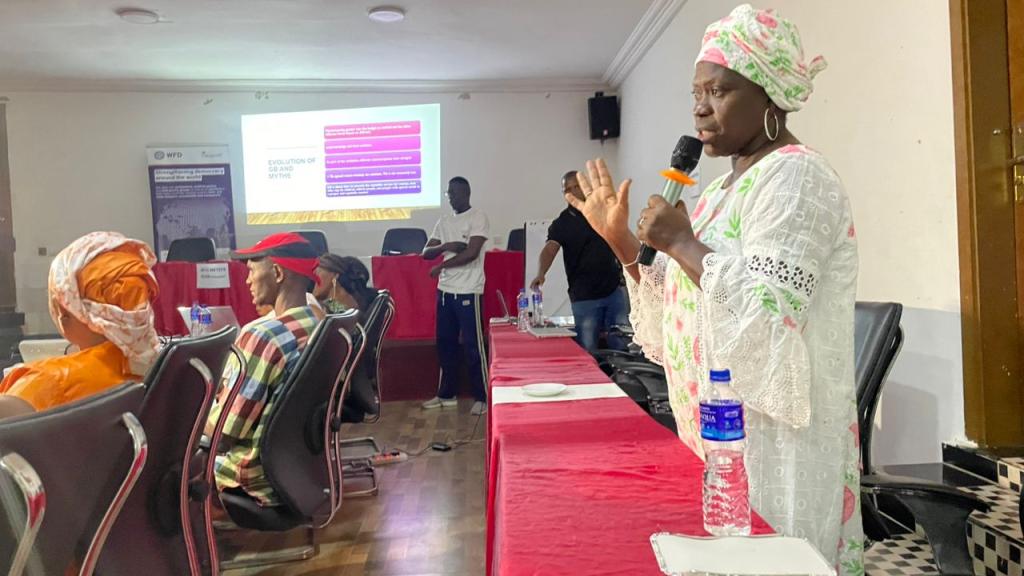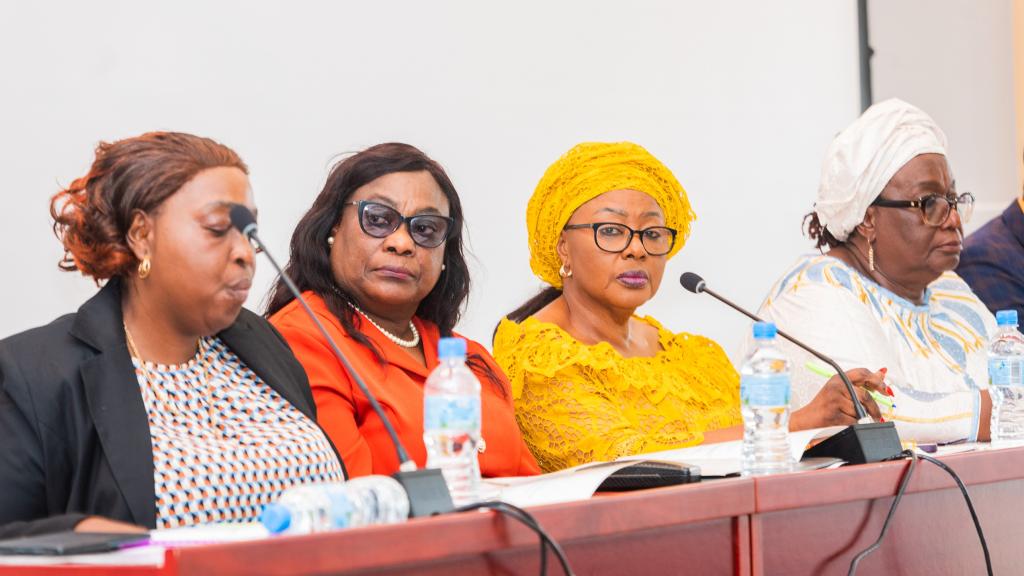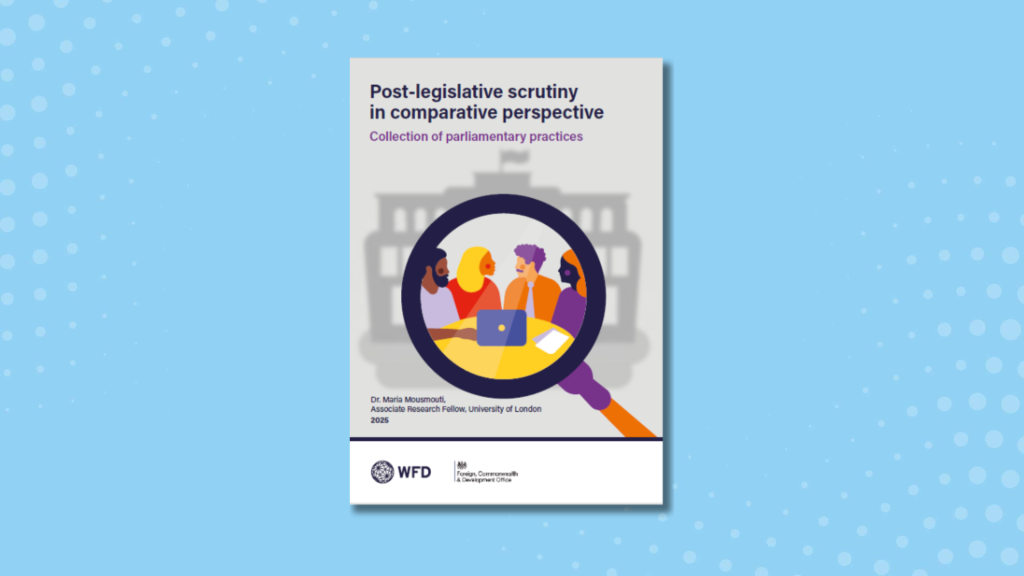Scottish-Nepali learning exchange on post-legislative-scrutiny
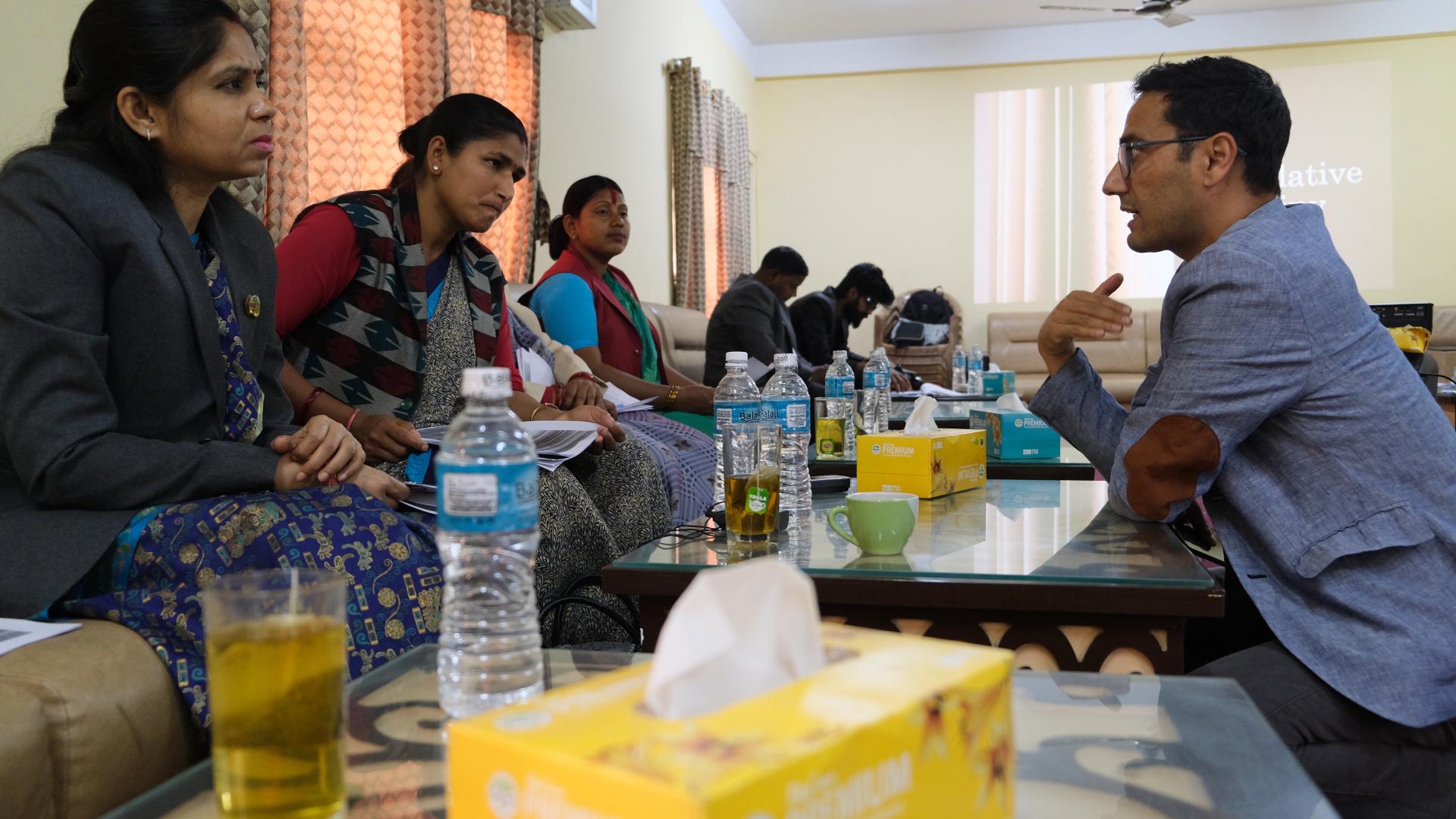
Imagine that you live in a village and your livelihood depends on a rare fish that can only survive on running water.
But one day, your local authorities pass a law allowing the construction of a dam in the river. And now, the fish cannot survive.
This is a hypothetical example of a case where a law may have been passed with good intentions, but its practical application may not yield the desired outcome for the people impacted by the law.
One of the main roles of parliament is to create laws that meet the needs of the country's citizens. Therefore, it is important for lawmakers to constantly reflect and research how they can improve the impact of laws. To do this, MPs can use a systematic approach to assess the impact of laws passed by the parliament. This approach is known as post-legislative scrutiny (PLS).
As MSP Martin Whitfield put it, "PLS is looking back at the rules and legislation that we have put into place and asking yourself, could it be better? It is the role of our communities, the constituents, and experts to critique existing legislation, highlight areas that are not working well, and provide examples of how to make them better."
Westminster Foundation for Democracy works around the world with parliaments to help implement PLS. The aim is to ensure that laws benefit citizens in the way originally intended by lawmakers.
WFD recently organised a peer-to-peer learning exchange between a Member of the Scottish Parliament (MSP) and Nepal's federal parliament and provincial assembly members, as well as civil society organisations (CSOs). This visit allowed the Scottish visitors to share the Scottish parliamentary experience, including conducting a PLS inquiry, with their Nepali counterparts.
Watch the video to find out more
"First and foremost, all of us have understood the importance of conducting PLS. This programme has given us the energy to work on it further and has made us realise that this is a continuous process in strengthening democracy," said Ghanshaym Bhandari, Chair of the Social Development Committee, Karnali Province Assembly, who hosted the Scottish visitors at his committee.
The visit also proved to be a good learning opportunity for the Scottish delegation. Jennie Chinembiri, the Scottish Parliament’s Head of International Relations Office said, “Politicians learn from one another when they hear that the different challenges they face are similar. That helps them to see that they are not alone in facing these challenges”.
In Nepal, WFD continues to support partners, including elected representatives, legislative staff, CSOs and media, to enhance scrutiny and oversight work using emerging parliamentary tools such as PLS, so that democracy and federalism benefit the citizens.
